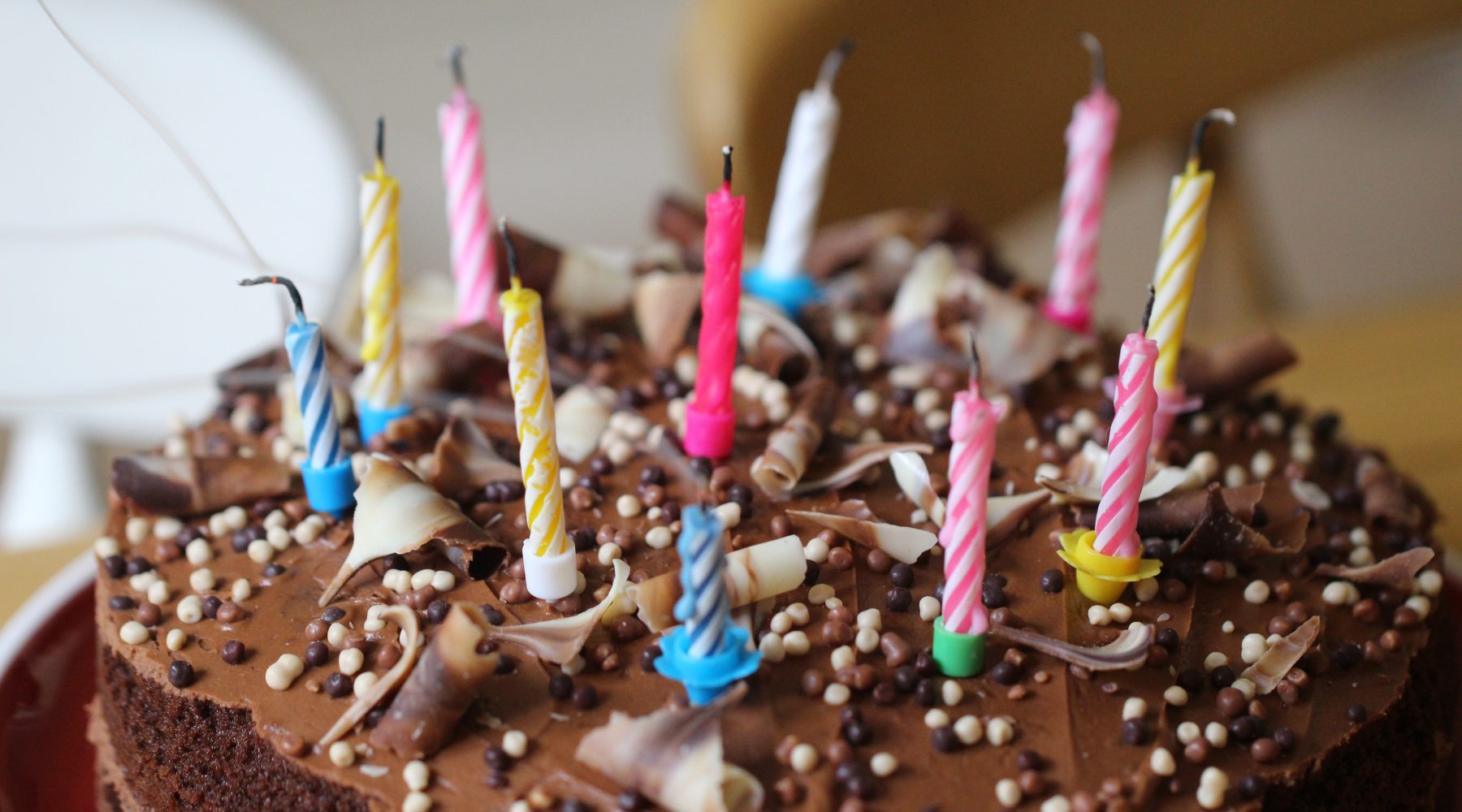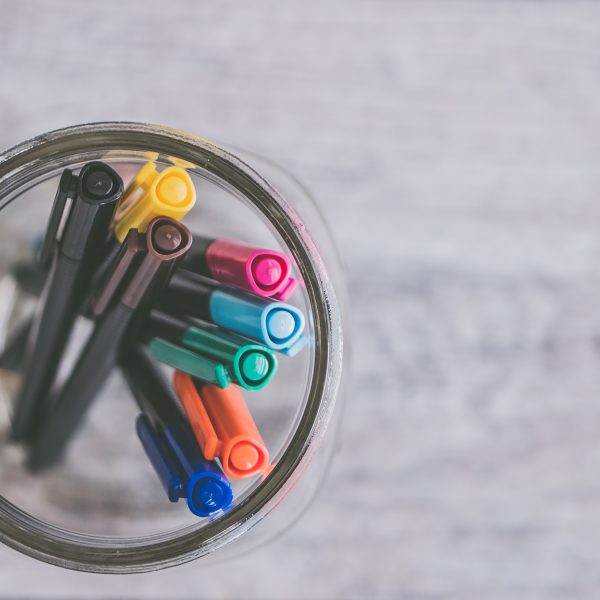Call to update Melbourne Declaration as it celebrates 10 years

Federal Minister for Education Dan Tehan has announced his intention to update the 2008 Melbourne Declaration on Educational Goals for Young Australians (the Melbourne Declaration), tabling a proposal to the next Education Council meeting this month.
Endorsed by all education ministers in 2008,the Melbourne Declaration has strong alignment with the Early Years Learning Framework (EYLF), with the goals of the declaration being mirrored in the outcomes of the EYLF, and with an intention of improving equity and excellence for all Australian learners.
In the announcement Mr Tehan said “The Melbourne Declaration is now 10 years old so it’s time that we again look at how we are educating our children and agree a way forward to continue improving…outcomes,”
“Australia needs a shared agenda across the country to ensure alignment between policy, practice and delivery,” he said, adding that reforms to education should be “above politics”.
Writing for The Conversation Don Carter, Senior Lecturer, Education, University of Technology Sydney, called the Melbourne Declaration an important foundational document, saying the declaration outlines the role of (education) in delivering high-quality outcomes for children, regardless of cultural, linguistic or economic background.
Mr Carter suggested four key changes to the declaration to help develop children into the skilled, knowledgeable and rational individuals Australia needs:
- a greater emphasis on the development of soft skills
- a rethink of the ways educators assess learning
- a strengthening of critical thinking skills
- closer attention to the language we use when talking about education
Speaking on the development of soft skills, Mr Carter called for the revised declaration to be geared to supporting children to become highly literate and numerate, able to solve problems, communicate effectively and develop and maintain positive relationships within and beyond the family unit.
In addition, Mr Carter said there needed to be a rethink on how learning is viewed, with less emphasis on competition between children, and more recognition of ongoing achievement – goals which are well suited to both the EYLF and the world of early childhood education and care more broadly.
“We need to be mindful of the terms we use – education is more than a product to be consumed.”
Calling for mindfulness, Mr Carter reflected on the increase in education being spoken about, and viewed as, a commodity, saying that “the language of the marketplace has infiltrated education with terms such as “agile”, “nimble”, “flexible” and “innovative” appearing in policy documents. These words narrow the goals of education to the development of workplace skills and little else.”
“We need to be mindful of the terms we use – education is more than a product to be consumed,” Mr Carter wrote in closing.
The full article surmising Mr Carter’s thoughts on the Melbourne Declaration can be accessed via The Conversation website, here.
Popular

Quality
Practice
Provider
Research
Workforce
Honouring the quiet magic of early childhood
2025-07-11 09:15:00
by Fiona Alston

Policy
Practice
Provider
Quality
Workforce
Minister Jess Walsh signals urgent action on safety and oversight in early learning
2025-07-11 08:45:01
by Fiona Alston

Quality
Provider
Workforce
Applications now open for professional development and paid practicum support in early childhood sector
2025-07-15 10:13:49
by Fiona Alston












